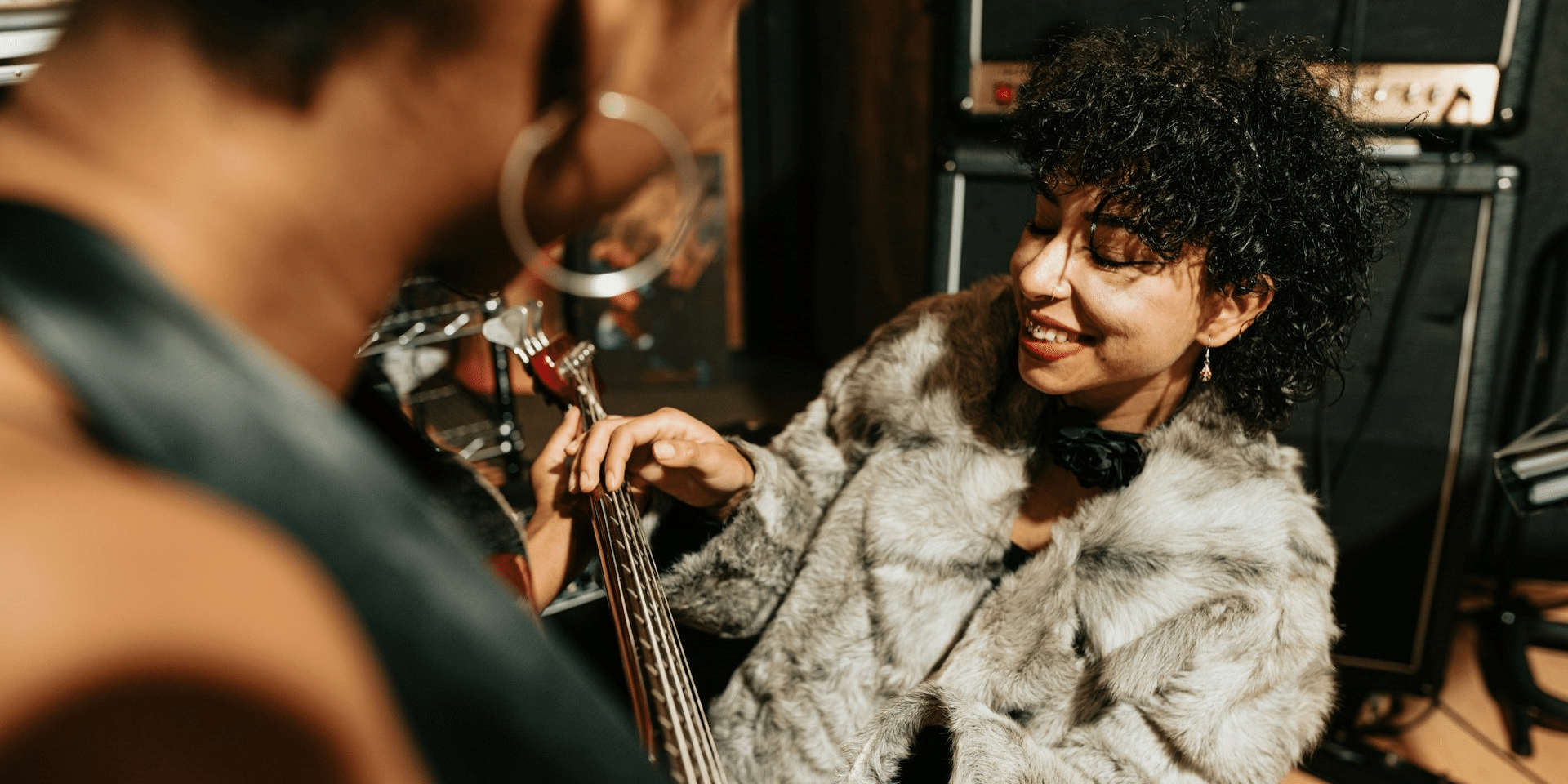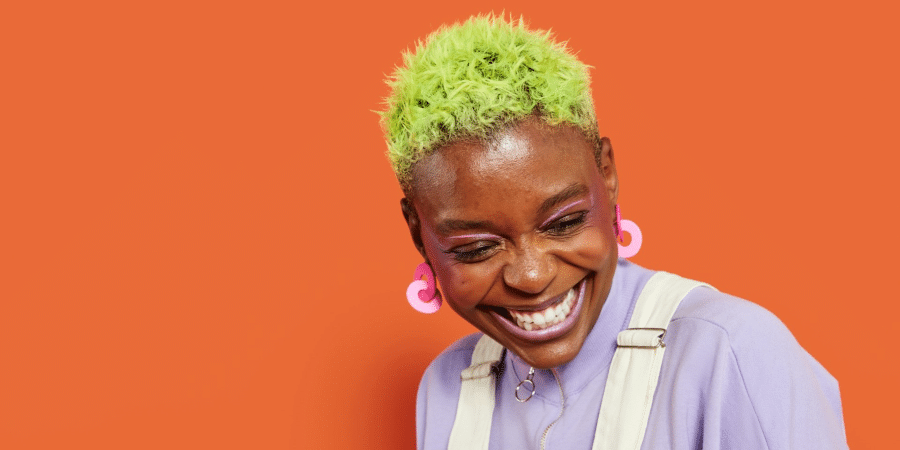Sampling is a fundamental aspect of modern music production, enabling artists to integrate segments of existing tracks into their new creations. While sampling can enhance creativity and pay homage to influential works, it comes with significant legal and ethical responsibilities. Many artists seek permission to sample songs to ensure compliance with copyright laws, uphold industry standards, and foster respect for original creators. This article explores the key reasons why obtaining permission to sample is crucial.
Legal Requirements
Copyright Law Compliance
Copyright laws grant original creators exclusive rights over their musical compositions and recordings. When an artist samples a song, they are using copyrighted material, which requires explicit authorization. Failing to secure this permission constitutes copyright infringement, which can lead to severe consequences, including lawsuits, financial penalties, and removal of the track from distribution platforms.
Securing permission involves understanding the dual nature of copyright in music:
- Composition Copyright: Protects the song’s melody, lyrics, and structure, typically owned by the songwriter or publisher.
- Sound Recording Copyright: Protects the specific recording of the song, usually owned by the record label.
Sample Clearance Process
The sample clearance process ensures that both the composition and sound recording rights holders approve the use of their work. This process involves:
- Identifying the copyright holders.
- Negotiating the terms of use.
- Obtaining written agreements for both rights.
By completing this process, artists can use the sample legally, avoiding disputes and ensuring that their music is distributed without hindrance.
Ethical Considerations
Respect for Original Creators
Sampling involves borrowing from another artist’s creative work. Seeking permission demonstrates respect for the original creator’s efforts and acknowledges their role in the new production. Unlicensed sampling, on the other hand, can be perceived as dismissive of the original artist’s contributions.
Fair Compensation
When artists obtain permission, they ensure that the original creators are fairly compensated for the use of their work. This may include royalty payments or a percentage of the new song’s revenue. Such practices uphold ethical standards in the music industry, fostering a culture of fairness and mutual respect.
Avoidance of Legal Repercussions
Litigation Risks
Unauthorized sampling has led to high-profile lawsuits that highlight the financial and reputational risks of failing to obtain clearance. For instance:
- “Blurred Lines” Case: Robin Thicke and Pharrell Williams faced a $5 million penalty for infringing Marvin Gaye’s “Got to Give It Up” in their hit song.
- “Bitter Sweet Symphony” Dispute: The Verve lost rights to their iconic track for sampling a Rolling Stones composition without proper clearance.
These cases underscore the importance of seeking permission to avoid costly legal battles.
Distribution Challenges
Music platforms and distributors often require proof of sample clearance before releasing tracks. Without proper permissions, artists may find their music barred from streaming services, radio play, or other distribution channels, limiting their reach and revenue potential.
Creative Integrity
Originality in Production
While sampling can enhance a track, overreliance on unlicensed samples can raise questions about an artist’s originality. By securing permissions, artists can thoughtfully integrate samples into their work, using them as tools to build unique compositions rather than shortcuts to creativity.
Building a Unique Identity
Artists who respect the rules of sampling contribute to their artistic integrity. Their commitment to originality and respect for the art form helps them establish credibility and a lasting presence in the music industry.
Industry Best Practices
Professional Reputation
Adhering to legal and ethical standards in sampling reflects professionalism. Artists who follow these practices demonstrate their commitment to the craft, fostering trust and respect within the music community. This professionalism can lead to better collaborations, endorsements, and career opportunities.
Educational Awareness
Understanding the complexities of sampling laws and the importance of permissions is essential for navigating the modern music industry. As awareness grows, artists are better equipped to avoid legal pitfalls and ensure their creative processes align with industry standards.
Balancing Creativity and Responsibility
Honoring the Past
Sampling allows artists to honor the music that inspired them, creating a bridge between different eras and styles. By obtaining permission, they ensure that their tributes are legally and ethically sound, strengthening their connection to the original work and its creators.
Fostering Collaboration
Seeking permission often leads to creative collaborations between the sampling artist and the original creators. These partnerships can result in innovative music that combines the best elements of both works, enriching the industry as a whole.
Artists ask permission to sample songs for various reasons, ranging from legal compliance and ethical considerations to preserving their professional reputation and creative integrity. Sampling, when done responsibly, allows artists to pay homage to influential works while contributing their unique perspectives.
By securing proper permissions, artists can protect themselves from legal issues, respect original creators, and maintain industry standards. This diligence fosters a fair and collaborative musical ecosystem, ensuring that creativity thrives while honoring the contributions of all involved. As sampling continues to shape the future of music, responsible practices will remain essential for a sustainable and respectful industry.
















